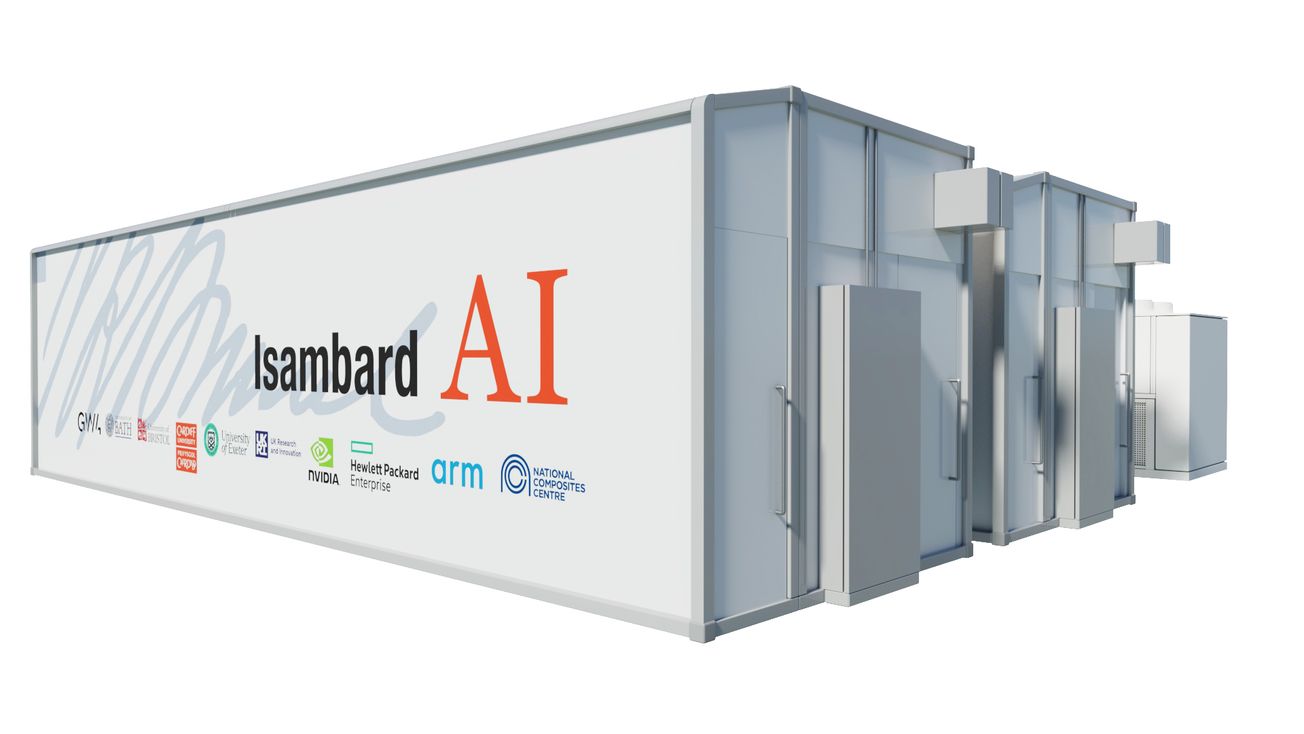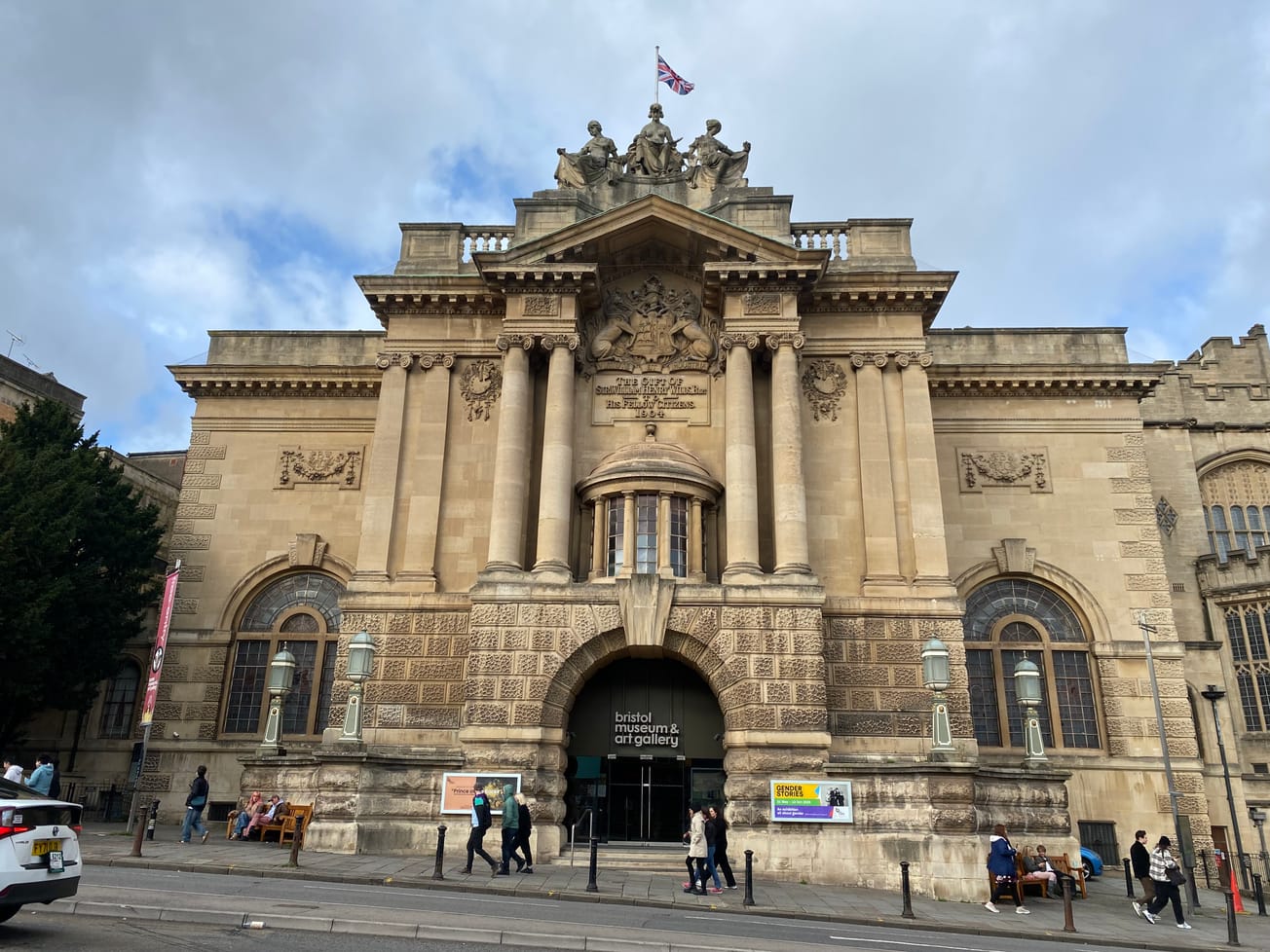By Lucas Mockeridge, SciTech Deputy Editor
The University of Bristol has been chosen to host a new supercomputer that is expected to be the most powerful in the UK and one of the most powerful in Europe.
The AI Research Resource will be built at the university and serve as a national supercomputer research facility focussed on artificial intelligence (AI).
The supercomputer will be powered by thousands of GPUs, which will facilitate research into large language models, the backbone of AI chatbots like ChatGPT.
It will be named Isambard-AI after Isambard Kingdom Brunel, the 19th-century engineer famous for his work on the Clifton Suspension Bridge, the Great Western Railway and the SS Great Britain.
‘AI is expected to be as important as the steam age, with ramifications across almost every area of academia and industry. Bristol’s proud to be at the forefront of this revolution,’ said Professor Phil Taylor, Pro Vice-Chancellor for Research and Enterprise at the University of Bristol.
Isambard-AI will open at the National Composites Centre next year, as part of a collaboration between the Universities of Bath, Bristol, Cardiff and Exeter. It will join the Isambard 3 supercomputer, which is due to be installed this year also to support AI research.
This will be the site of our new AI supercomputer research facility, due to open next summer! 🖥️
— University of Bristol (@BristolUni) September 14, 2023
Isambard-AI is expected to be the most powerful supercomputer in the UK and will serve as a national resource for AI discovery. 🙌
👉https://t.co/tGSf5yjdLd pic.twitter.com/bdQMqUDSYg
The Isambard-AI project will be led by Simon McIntosh-Smith, Professor of High Performance Computing at the University of Bristol, who said: ‘We're delighted to be chosen as the site to host the UK's first ever Artificial Intelligence Research Resource.
‘Isambard-AI will be one of the world's first, large-scale, open AI supercomputers, and builds on our expertise designing and operating cutting-edge computational facilities, such as the incoming Isambard 3’.
The AI Research Resource is backed by a £900m investment, which the Chancellor pledged in the Spring Budget alongside a £2.5bn plan to support quantum technology.
Why the UK is betting big on quantum
The government aims to make the UK a science and technology superpower by 2030.
Featured Image: University of Bristol
Do you think Bristol will become the centre of the AI revolution?









